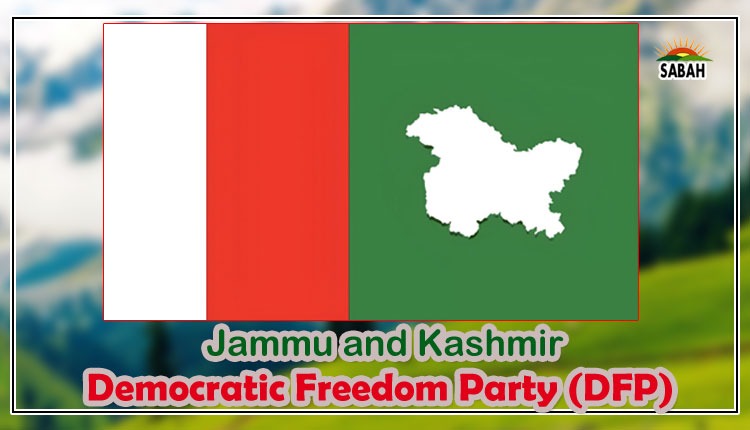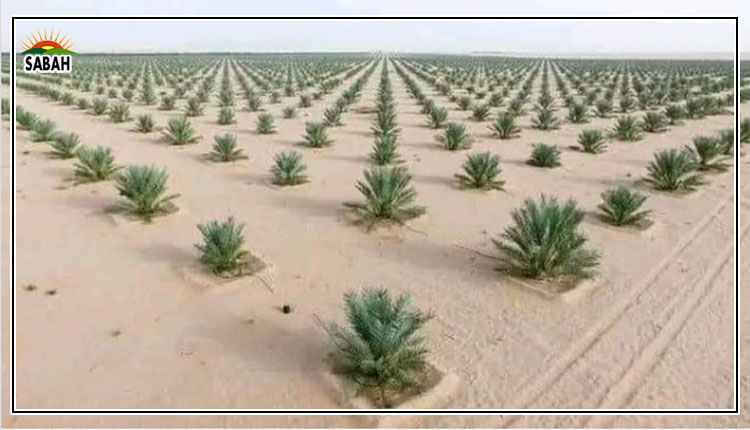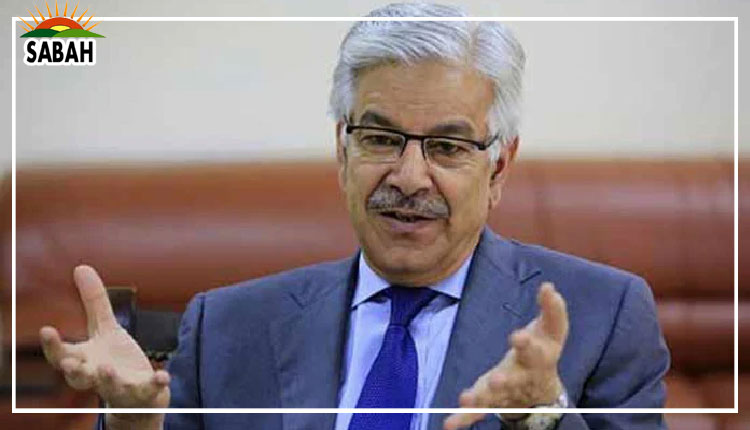Millions of children affected, many died in recent catastrophic floods in Pakistan: Julien Harneis
ISLAMABAD, Sep 21 (SABAH): United Nations Resident and Humanitarian Coordinator Julien Harneis has said that millions of children were affected and many died in recent catastrophic floods in Pakistan and if they speedily act they can mitigate that and prevent the children to die further.
Julien Harneis said this during a media briefing organized by United Nations Information Centre (UNIC) on Wednesday to provide updates on flood response and current situation of relief activities going on in Pakistan.
The UN coordinator said, “In Sindh, the impact of flooding is spreading that is really a big challenge. If we want to supply (relief items) we don’t know where the disaster is. We are longing the European Union countries to increase support. We really need a broader support.”
“I have been working on different tsunamis and disasters since last 25 years. Millions of children were affected and many died. If we speedily act, we can mitigate that and prevent the children to die,” he further said. Replying to a question, he said, “I don’t compare the situation of Pakistan with that of Ukraine. Our job is only to help the people of Pakistan.”
General Coordinator (Head of Mission), Medecins du Monde Pakistan, Wafaa Alsaidy said, “Health is not one day need. Pakistan is still away from millennium development goals. Let us go for rehabilitation. We need to prepare for the next disaster. The issues like health and nutrition are important, but mortality rate needs to be focused.”
She further appealed to the donors to be flexible and added “we receive children in basic health care in bad situation and we refer them to secondary health care and we don’t know if they are needed the secondary health care or not.”
When she was asked whether political chaos hinders the relief related activities, Wafaa Alsaidy said, “No, it did not prove a hinder in the relief activities.”
UNICEF representative said support is needed and recovery is need for the families. He said that there is threat of spreading of diseases and this needs to be given more focus. Senior Humanitarian Affairs Officer OCHA-Pakistan, Felix Omunu also addressed on the occasion.
A preliminary assessment by the UN Satellite Centre (UNOSAT) comprising satellite data from 1 to 7 September to data from 8 to 14 September indicates that many districts in Sindh, two in Balochistan and one in Punjab were affected by increasing floodwaters, while floodwaters appear to be stagnating or receding in many other parts of the country.
Large parts of the flood-affected areas are still submerged under water and thousands of families in the 82 impacted districts are still cut off and are yet to receive any form of aid. The humanitarian situation remains dire in flood-affected areas of Pakistan, with widespread damage in Physical infrastructure and ongoing harm to people and livestock.
Recent surveys revealed, “Monsoon rains made worse by climate change led to flash floods in the mountainous parts of Pakistan, and widespread flooding in the plains. The devastation of the floodwaters is ongoing with a possibility of a second disaster looming in sight. People are exposed to dengue, diarrhea, malaria, gangrene and other skin issues.”
“Over 134,000 cases of diarrhea and 44, 000 cases of malaria were reported in the hardest hit area of Sindh this past week. More than 50 percent of the water supply systems were damaged in the floods. Over 2,000 health facilities were fully or partially damaged,” the surveys stated.
“Children are particularly vulnerable. Six children died in Sindh the other day in just one day and many others are still grappling to survive. Floods uprooted more than 3.4 million children from their homes and claimed more than 550 children. The risk to children’s lives and survival are multiplying by the day. Food, drinking water, shelter, medical health and fodder remain the need of the hour. Most of the foods families had were washed away in the floods,” revealed the surveys.
Moreover, the speakers while addressing on the occasion stated, “The government of Pakistan is leading the humanitarian response, accessing the needs and providing relief to the victims. The government of Sindh has constituted a parliamentary committee to review and provide oversight to national and international flood response progress to report back to the Provincial Assembly of Sindh within six months.”
They said, “The United Nations and humanitarian organizations are supporting the government strategically from the national to the district level complementing the activities by supporting the most vulnerable communities with relief items, social and communal protection. There are also providing logistic and coordination support, data collection and analysis.”
The speakers concluded, “A lot has been done but much more is needed. The needs are colossal. We are revising the flash appeal in light of the changing needs. We thank the global community for their continuing support and look forward to greater participation in light of the growing needs.”












